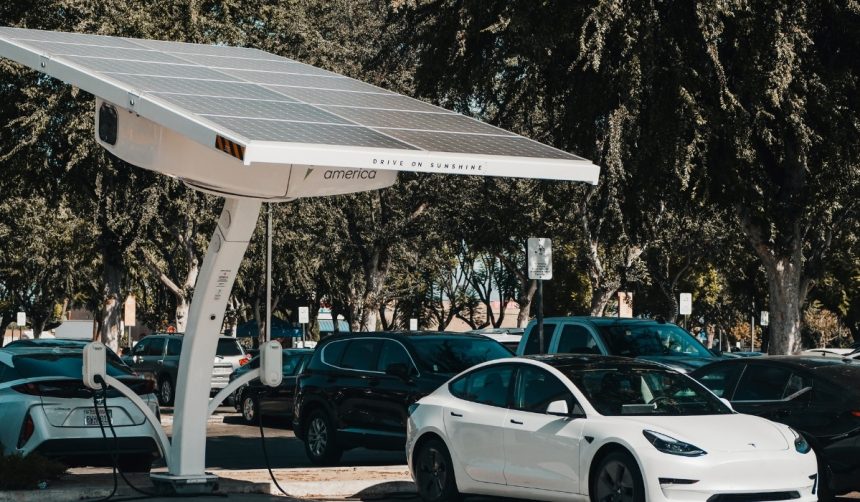As Tesla continues to lead the electric vehicle market, concerns regarding the safety of its cars have recently surfaced. Despite its popularity, a recent study suggested that Tesla vehicles have the highest rate of fatal accidents among automotive brands. However, Tesla remains confident in its safety features and the robustness of its vehicles.
Comparing current data with previous reports, Tesla has consistently received high safety ratings from various regulators. Past studies and crash tests have often recognized Tesla models for their safety, which contrasts with the latest findings by iSeeCars.
How Does Tesla Respond to the Fatal Accident Claims?
Tesla VP Lars Moravy dismissed the study as “clickbait” and questioned the validity of the per-mile calculations used by iSeeCars.
He emphasized the high total miles driven by Tesla vehicles, suggesting that the denominator in the calculations may be flawed.
What Are Tesla’s Safety Ratings and Accolades?
“Most of these vehicles received excellent safety ratings,”
a study from iSeeCars mentioned, highlighting that the design is not the issue. Tesla vehicles, including the Model Y and Model 3, have consistently earned top safety ratings from the NHTSA and IIHS, reinforcing their reputation for safety.
What Factors May Contribute to the Reported Fatality Rates?
Driver behavior and varying driving conditions could play significant roles in the increased crash statistics, according to the iSeeCars study. Tesla’s emphasis on safety features aims to minimize such incidents, but real-world conditions remain a variable factor.
Tesla’s response to the recent study underscores its commitment to vehicle safety and transparency. By highlighting the extensive miles driven by its vehicles and their high safety ratings, Tesla aims to reassure consumers and stakeholders of its dedication to reducing fatal accidents. The ongoing debate emphasizes the complexity of accurately assessing vehicle safety across different metrics and driving environments.










